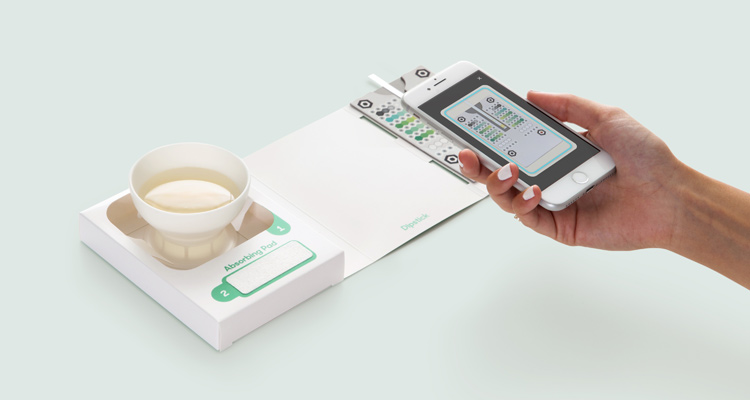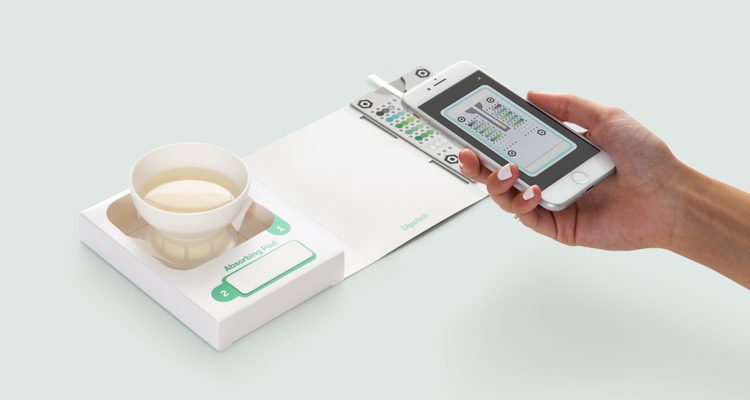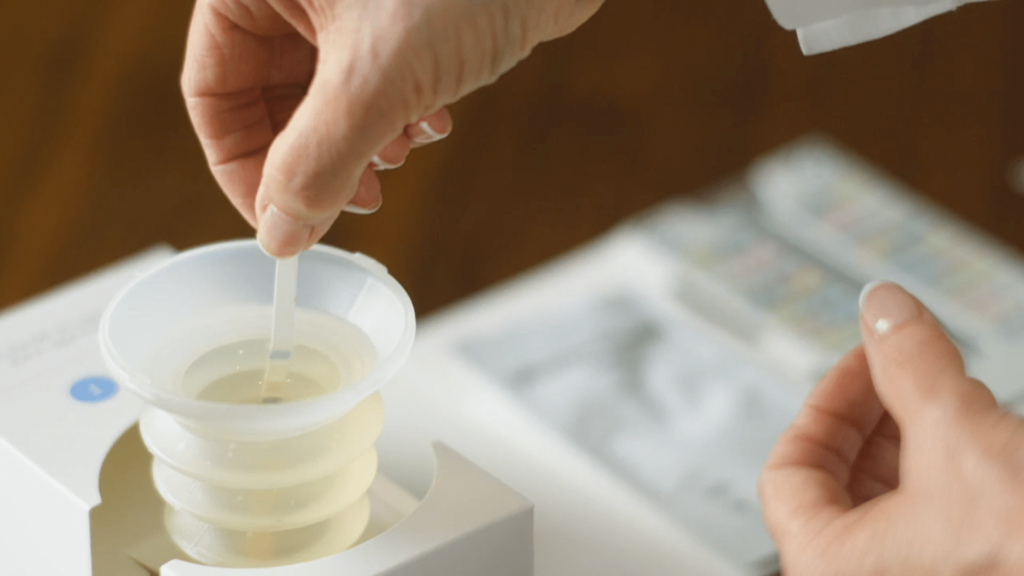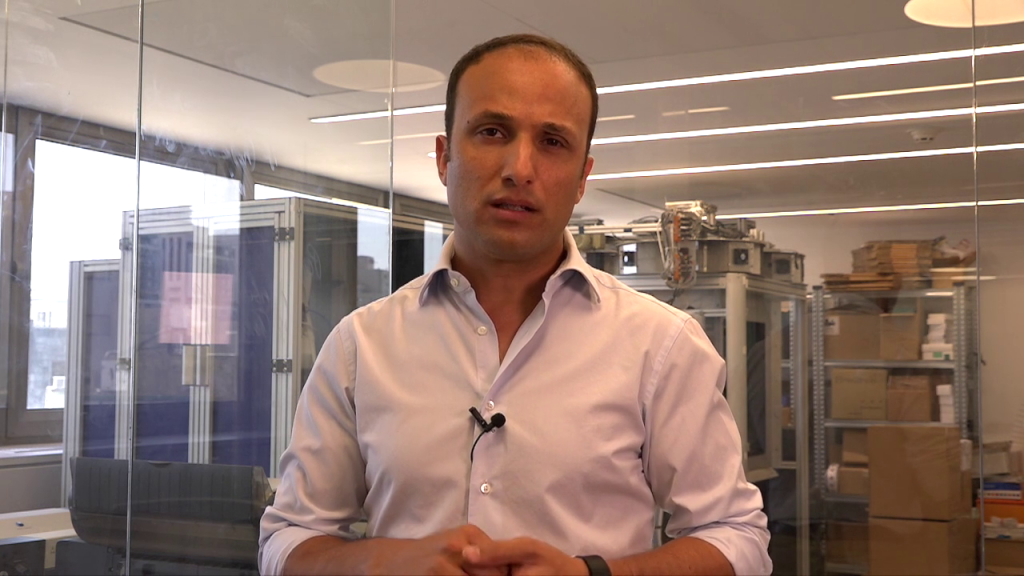We are pleased to share today that ACR | EU, an early version of the smartphone-powered kidney test, was featured in a recent study in The Lancet, the world’s leading medical academic journal. The study demonstrates the clinical importance of population screening for albuminuria, joining a growing body of clinical evidence and guidance supporting early screening for kidney damage.
Enabling real-world learnings and valuable insights, the study also illuminates the drastic advances our technology has made in just a few years. The early iteration examined in the study has since been superseded by our new test, Minuteful Kidney, the first FDA-cleared smartphone-powered kidney test, today a reality available for the benefit of 75 million Americans at-risk.
“Participation rate and yield of two home-based screening methods to detect increased albuminuria in the general population in the Netherlands (THOMAS): a prospective, randomized, open-label implementation study” was conducted in 2019 to examine the usability of home-testing solutions for screening the general population for albuminuria. Albuminuria is caused by excessive albumin in urine and is relatively easy to detect. However, despite its importance as an early predictor of kidney and cardiovascular diseases, most populations do not get tested and remain untreated until their disease deteriorates drastically. The lead author of the study is Prof Ron T Gansevoort.
Committed to broad and equal access to testing, scientific transparency, and academic excellence – the building blocks driving our clinical successes thus far – Healthy.io was honored to collaborate with the THOMAS researchers and is grateful for the opportunity given to enable this important clinical study.
The researchers conducted a study to assess the general population’s willingness to conduct albuminuria testing at home and the clinical outcomes. They evaluated the performance of two home-based screening methods for detecting increased albuminuria. The first method involved smartphone-powered testing—our preliminary version of the urine ACR test—which relied on early iterations of our algorithms and biochemistry dipsticks. The second method involved a traditional urine test, where participants were asked to mail their samples to a lab for analysis.
The findings shared with us in real-time allowed our product development process to leap forward. An analysis conducted by the researchers found that while sensitivity was high (98%), participation rates (44%) – were lower than the compared test. Also, the specificity level of the product was not sufficient for the purpose of a population health study (67.9%). Note this study was conducted before integrating our patient engagement system that leverages AI and behavioral economics, as well as that ACR | EU product, in its early version, was designed primarily for screening at-risk populations and not for broad population screening. The sub-par specificity was somewhat expected given the population of the study.
Subsequently, our team was able to introduce modifications and reach scientific breakthroughs, including a 2019 peer-reviewed study that revealed our at-home option saw greater completion rates than in-clinic ACR testing (nearly 29% for the home test, compared to 18% for standard methods), part of which enabled the development of several prominent features responsible for making Minuteful Kidney a reality. In a matter of two years, we were able to achieve better sensitivity and specificity levels and dramatically improved participation rates: these figures were crucial for our FDA clearance in 2022.
The first breakthrough was ColorAI, a new sophisticated algorithm driving our Image Validation Transfer System (IVTS), which allows all smartphone cameras to interpret color the same. Our system was also evaluated in a 2022 study and recognized by the FDA as “enabling its usage across a wide range of smartphone types and operating systems, essentially making the test platform agnostic.” IVTS is what allowed us to convert the smartphone in our pockets into a clinical-grade device equivalent to a lab analyzer.
Secondly, we introduced PersuasionOS, a complex, fully healthcare-compliant, AI-driven engagement system that solves one of the industry’s biggest challenges – adherence to medical guidance, driving our adherence rates above 50% (and even up to 61% in the U.K). We also upgraded our biomarker testing dipsticks, switching to high-end urine ACR reagent strips which allow consistent and accurate clinical grade results.
“The THOMAS study was an essential stage in our journey, and we thank the researchers for this opportunity to participate,” said Yonatan Adiri, founder and CEO of Healthy.io. “Belonging to a scientific community of scientists, clinicians, and developers enabling testing for chronic kidney disease, especially among those most at-risk, we continue to foster responsible innovation within our ecosystem and promote the vision of clinical robustness for digital health.”






